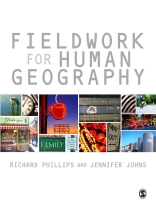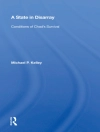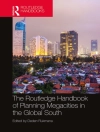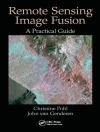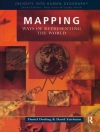‘A highly readable and superbly fun guide to the why and how of doing fieldwork in human geography… I recommend it highly to any geographer-wannabes and practicing-geographers. The latter group, including myself, might well rediscover the fun of doing geography.’
– Professor Henry Yeung, National University of Singapore
‘An excellent introduction to the art and science of fieldwork. It makes clear that fieldwork is not just about getting out of the classroom and gaining first-hand experience of places, it is about instilling passion about those places.’
– Professor Stuart C. Aitken, San Diego State University
‘An indispensible guide to fieldwork that will enrich the practice of geography in a myriad of different ways. In particular, the diverse materials presented here will encourage students and academics alike to pursue new approaches to their work and instil a greater understanding of the conceptual and methodological breadth of their discipline.’
– Professor Matthew Gandy, University College London
‘If fieldwork is an indispensable component of geographical education then this book is equally essential to making the most of fieldwork…This book gives students the tools to realise the full potential of what, for many, is the highlight of their geography degree.’
– Professor Noel Castree, Manchester University
Fieldwork is a core component of Human Geography degree courses. In this lively and engaging book, Richard Phillips and Jennifer Johns provide a practical guide to help every student get the most out of their fieldwork. This book:
- Encourages students to engage with fieldwork critically and imaginatively
- Explains methods and contexts
- Links the fieldwork with wider academic topics.
Table of Content
Introduction: Fieldwork for Human Geographers
PART ONE: APPROACHING THE FIELD
Getting the Most out of Fieldwork
Justifying the Cost: Your Degree and Your Job Prospects
Before You Go: Research Design and Preparation
Ethics: Positioning Yourself and Encountering Others
Working in Groups and Travelling Together
PART TWO: METHODS AND CONTEXTS
Reading the Landscape: Describing and Interpreting Field Sites
Interviewing for Fieldwork
Participant Observation and Participatory Geographies
How to Be an Explorer: Rediscovering Your Curiosity
About the author
Dr Jennifer Johns is Lecturer in Organization and Management at the University of Liverpool.
